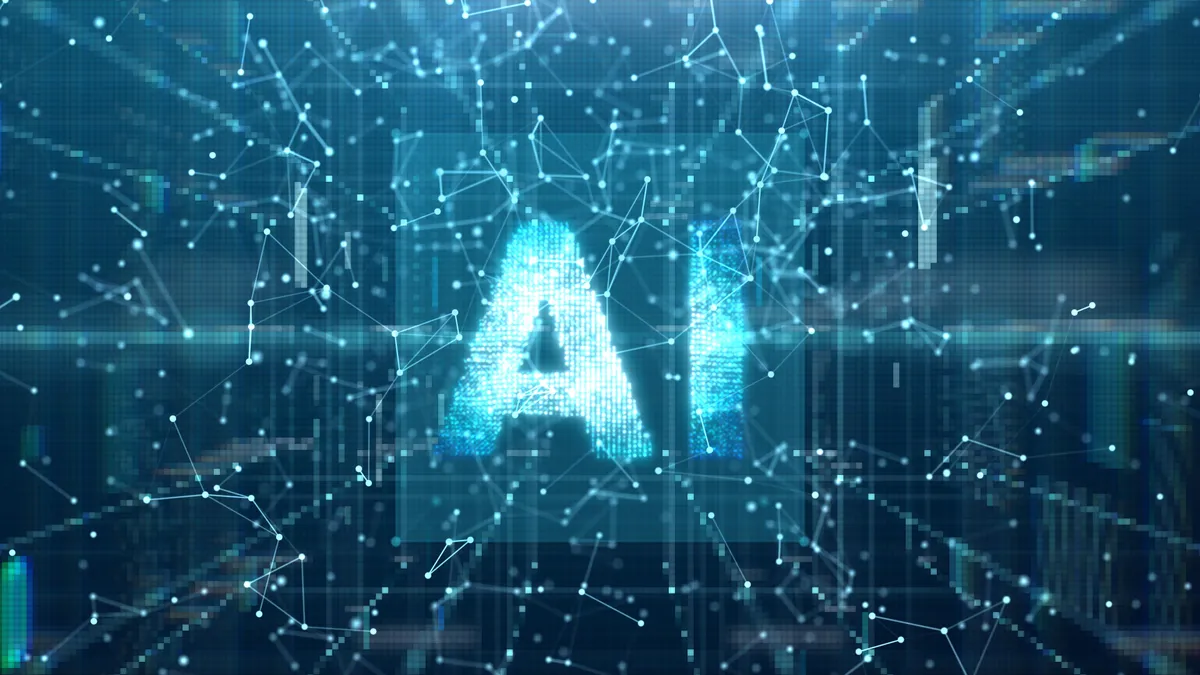AI Technology Challenges: What You Need to Know
As the use of AI in everyday life grows, it’s becoming increasingly important to acknowledge one major challenge of this technology.
Although AI technologies like ChatGPT have mesmerized us with their capabilities, they have a significant tendency to make up stories. This phenomenon becomes more apparent as people become more reliant on AI technology for various tasks. Like from helping with homework to providing solutions to complex medical questions.
It is therefore important to be aware that while AI can be a very useful tool, it is also prone to inaccuracies. The tendency for AI models to hallucinate can lead to inaccurate or even misleading information.
Therefore, we must continuously improve the development and testing of AI models to guarantee their reliability and accuracy.
Does AI Make Things Up?
Researchers refer to the tendency of AI models to provide inaccurate information as “hallucination” or even “delusion”.
Meta’s AI chief pointed this out in a tweet, and some social media users bluntly labeled chatbots as “pathological liars”.
However, all of these descriptors stem from our tendency, as humans, to anthropomorphize the actions of machines. According to experts, trying to suppress AI hallucination altogether could limit the ability of AI tools to help people. Especially with more creative endeavors, such as users asking ChatGPT to write poems or song lyrics.
Turning to this technology for answers on health, voting behavior, or other sensitive topics creates risks associated with hallucination
While the issue of hallucination in AI technology is not yet fully resolved, companies like Google and OpenAI are continuously working to improve its accuracy and reliability.
As awareness of this challenge grows, AI technology developers are increasingly focused on addressing this issue and developing better solutions.
With continued technological development and collaboration between industry, academia, and government, it’s hoped that this hallucination problem can be gradually overcome. Allowing the use of AI technology to become more reliable and beneficial for society as a whole.
Also Read: ChatGPT’s Transformation: Now It Can Talk!






